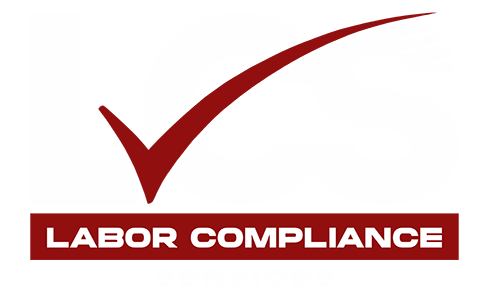Overview of Cross-Withholding in Davis-Bacon Enforcement
Cross-withholding is a critical enforcement mechanism introduced in the recent updates to the Davis-Bacon and Related Acts (DBRA) regulations. This tool empowers the Department of Labor (DOL) to withhold payments from federal contracts held by the same prime contractor, even if the violations occur on a different project. It aims to ensure contractors comply with prevailing wage laws across all their federally funded projects, providing greater leverage for worker protections and compliance enforcement.
Why Cross-Withholding Matters
Historically, contractors found ways to evade penalties by isolating wage violations to single contracts, often creating new entities to avoid repercussions. Cross-withholding eliminates this loophole by allowing the government to recover owed wages or penalties from any federal contract under the contractor’s control. This strengthens accountability and ensures that prevailing wage violations are taken seriously across all projects.
How Cross-Withholding Works
When a contractor is found to have underpaid workers or violated DBRA requirements, the DOL can withhold payments not just from the affected project but from any of the contractor’s active federal contracts. The withheld funds are then used to pay back wages or cover penalties, ensuring that workers receive the compensation they are entitled to without delay. This approach discourages non-compliance and reinforces adherence to labor standards.
Benefits for Workers and Ethical Contractors
- Worker Protections:
Cross-withholding ensures timely wage restitution, preventing wage theft and ensuring workers are compensated fairly. - Leveling the Playing Field:
Ethical contractors who comply with wage laws are no longer at a disadvantage against competitors who might underbid by cutting labor costs unethically. - Improved Compliance Culture:
By increasing the financial consequences of non-compliance, the DOL encourages contractors to prioritize adherence to labor standards.
Implications for Prime Contractors
Prime contractors must adopt proactive compliance strategies to avoid the risk of cross-withholding. This includes:
- Conducting regular audits of payroll practices
- Ensuring subcontractors also comply with prevailing wage laws
- Maintaining accurate and transparent wage records
Contractors should also stay informed about changes in DBRA regulations and develop robust internal compliance protocols to mitigate risks.







